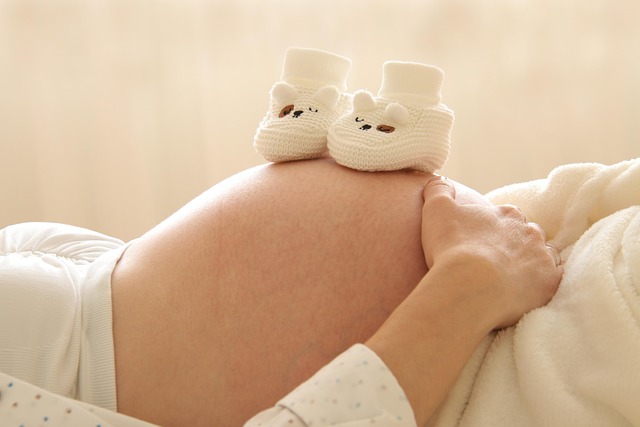Hey friends! Let’s chat about something super important for those of us on the journey to parenthood—oxidative stress. You might have heard about it in relation to aging or diseases, but it’s also a big player when it comes to fertility. From how healthy our eggs and sperm are to the success of implantation and pregnancy, oxidative stress can quietly wreak havoc on our reproductive functions.
So, what exactly is oxidative stress, and how does it sneak into our lives? More importantly, how can we fight back? Let’s break it down without all the wellness myths.
What is Oxidative Stress?
Oxidative stress happens when there’s an imbalance between free radicals (those pesky unstable molecules that damage cells) and antioxidants (the good guys that neutralize these harmful molecules). While our bodies naturally produce free radicals during normal metabolic functions, too much exposure from outside sources can overwhelm our antioxidant defenses, leading to cell damage.
For those of us trying to conceive, this is crucial. Oxidative stress can lead to:
- Poor egg quality, which affects fertilization, embryo development, and implantation.
- Sperm DNA damage, reducing motility and count and increasing miscarriage risks.
- Hormonal imbalances that disrupt ovulation and menstrual cycles.
- Impaired embryo development, which can lower IVF success rates and affect natural conception.
Everyday Sources of Oxidative Stress That May Be Impacting Your Fertility
- Environmental Toxins & Pollution
Air pollution, pesticides, and endocrine disruptors (like BPA in plastics) can increase oxidative stress in our eggs and sperm. Research has shown that exposure to air pollution is linked to reduced ovarian reserve and lower IVF success rates. - Diet & Nutritional Deficiencies
Eating lots of processed foods, refined sugars, and trans fats can ramp up oxidative stress. If you’re not getting enough antioxidants (think vitamins C, E, and CoQ10), your eggs and sperm could be more vulnerable to damage. - Chronic Stress & Sleep Deprivation
When we’re stressed, our cortisol levels rise, leading to inflammation and oxidative stress. Plus, not getting enough sleep can lower melatonin, a natural antioxidant that helps protect our egg cells during ovulation. - Smoking & Alcohol
Smoking produces high levels of free radicals, which can speed up ovarian aging and reduce sperm quality. Alcohol can deplete the body of antioxidants, affecting the integrity of egg and sperm DNA. - Exercise: Too Much or Too Little
Overdoing it at the gym can actually increase oxidative stress if you’re not recovering properly. On the other hand, not moving enough can impair circulation, making it harder for your body to combat oxidative stress.
How to Reduce Oxidative Stress & Support Fertility
- Increase Antioxidant Intake
Focus on colorful fruits and veggies rich in vitamins C and E, and polyphenols. Incorporate healthy fats, like olive oil, nuts, and omega-3s, to help fight inflammation. You might also want to look into CoQ10 and NAC (N-acetylcysteine), both known for boosting egg and sperm health. - Optimize Your Environment
Try to cut down on plastic (go for glass or stainless steel containers) and choose organic when you can to reduce pesticide exposure. Improving indoor air quality with ventilation, houseplants, or air purifiers can help. - Prioritize Stress & Sleep Management
Aim for 7-9 hours of quality sleep in a dark, cool room. Techniques like mindfulness, deep breathing, or light movement can help lower cortisol levels. Also, think about limiting caffeine and alcohol, as they can contribute to oxidative stress. - Balance Exercise
Engage in moderate exercise—walking, strength training, or yoga—without pushing yourself too hard. Don’t forget to support recovery with good nutrition and hydration.
Key Takeaways on Oxidative Stress
To sum it up, oxidative stress occurs when free radicals outnumber antioxidants, causing cell damage. It can lead to decreased egg quality, sperm damage, hormonal issues, and lower implantation success. Everyday sources include pollution, poor diet, stress, sleep deprivation, smoking, and excessive alcohol consumption. The good news? You can fight back with antioxidant-rich foods, lifestyle changes, and minimizing exposure to environmental toxins. Small, sustainable changes can truly make a difference in your reproductive health.
If you’re curious about the daily structure for toddlers, check out our other post on this topic. Also, for more insights on boosting fertility, visit this resource. And for those exploring IVF, here’s a great resource to help you along the way.

